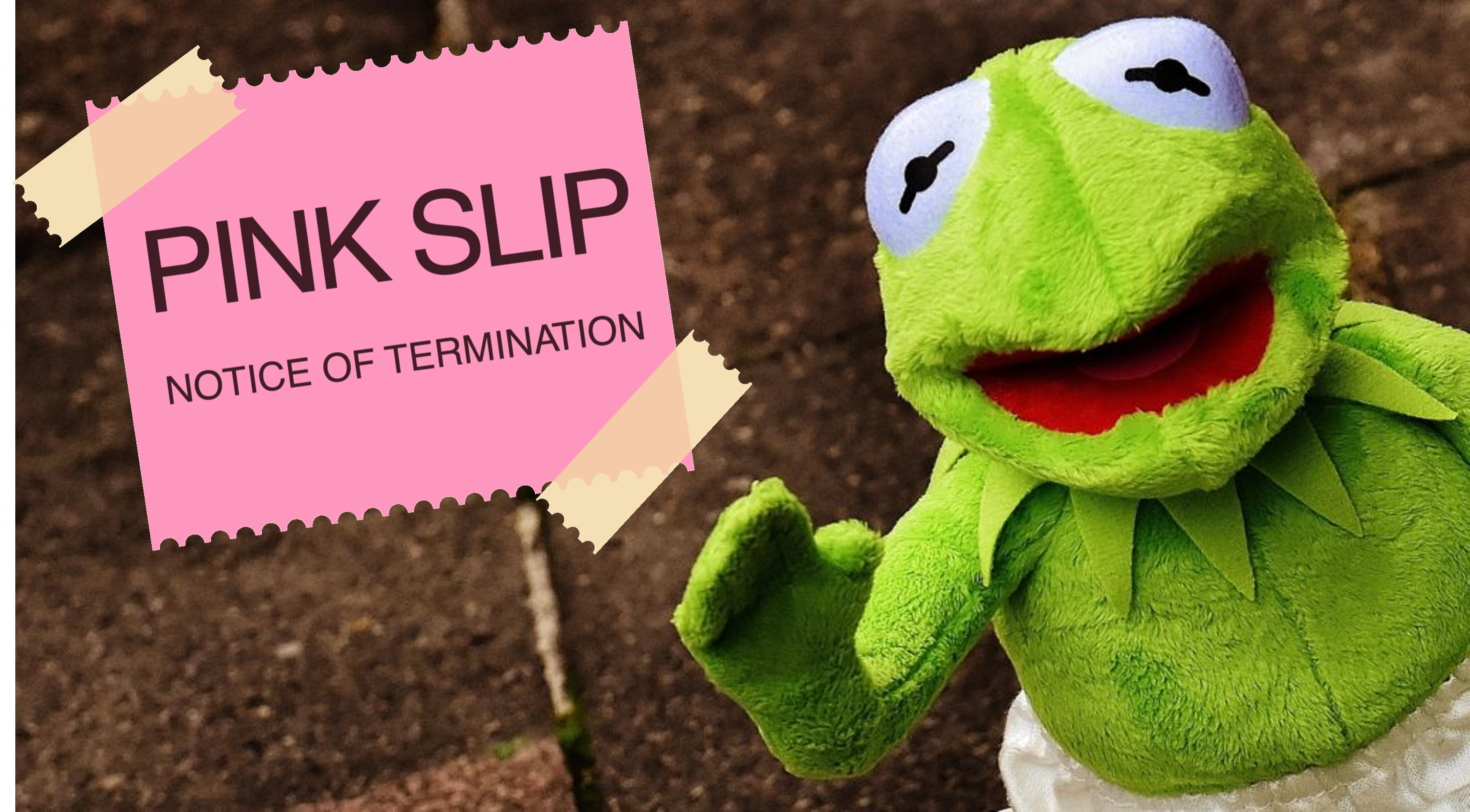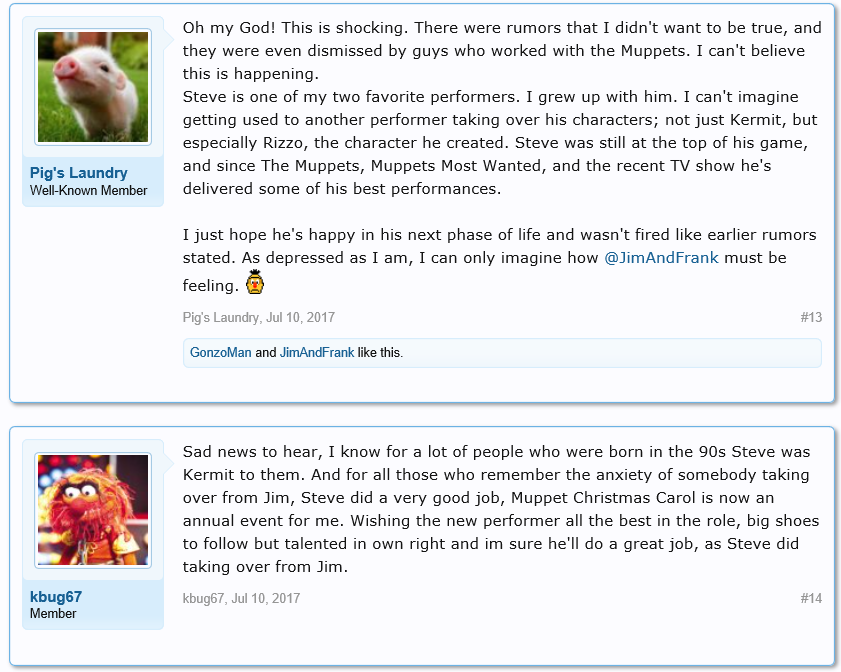
“Job security” seems like a hackneyed term in this era of broadcast radio where RIFs are now as common as format changes. The fact is, no one feels especially confident they’ll be working in the same job for the same employer at this time next year – or next week!
As a radio friend of mine once remarked, “We’re all just day to day,” a statement that carries as much truth in life as it does at our radio stations.
Tomorrow is the last day hosts, personalities, and DJs (whichever term makes you comfortable) can fill out our research study dedicated to radio talent – AQ6. (Take the survey here.) As always, I’ll be sharing the results at Morning Show Boot Camp in just a couple weeks in San Diego. It will kick off the conference. And joining me on stage this year to discuss what the findings mean to a real world radio owner will be Ginny Hubbard, a talent-friendly owner if there was one.
What lies ahead for radio’s personality for the rest of 2024 – and beyond? Hopefully, a better fate than a certain Muppet endured seven years ago when this blog post was originally written. As we know, it’s not easy being green. – FJ
June 2017
I know it sounds like a headline out of RAMP, All Access, or Jockline Daily.
Kermit the Frog has exited “Sesame Street”
Like hundreds of radio firings, this one surprised a lot of Muppets fans – including the guy who’s been doing the voice of Kermit since 1990.
The voice actor in question is Steve Whitmire, who took over for original muppeteer, the late Jim Henson, 27 years ago.
Whitmire is shattered by the move, claiming he had “been outspoken about what’s best for the Muppets” since Disney bought the franchise in 2004, but that his dismissal was an overreaction by the company.
Disney management, on the other hand, claims that Whitmire engaged in what they’re calling “unacceptable business conduct.” (Obviously, the legal department was consulted.) According to MSN, sources say Whitmire’s style was “overly hostile and unproductive,” which led to production delays.
And so it goes. To radio people, this probably sounds like another case of those “philosophical differences” that often come between talent and management.
Whitmire now wishes in retrospect Disney would have issued him an ultimatum before pulling the trigger. Management, on the other hand, must feel like they’ve given him plenty of warning, and now they’ve had enough. You can hear in Whitmire’s story just how regretful he is about the entire situation – wishing there was a way to turn back the clock and resolve the issue. Disney is moving on.
You can hear in Whitmire’s story just how regretful he is about the entire situation – wishing there was a way to turn back the clock and resolve the issue. Disney is moving on.
And that’s another sign that in just about every showbiz category – movies, TV, radio, and even, children’s entertainment – a single personality does not overshadow a brand.
As a former GM was fond of reminding the staff, “No one’s bigger than the radio station.”
And in this case, no Muppet is bigger than Sesame Street. Disney has already found its next “Kermit” – Matt Vogel – ironically, a voice actor Whitmire says he assisted along the way.
In just a few weeks, I’ll be headed to Atlanta for the 29th “Morning Show Boot Camp” – an event filled with hundreds of aspirational radio DJs, hosts, and teams. Some of them are integral to their stations, outperforming everyone else on the station and contributing mightily to the sales effort.
And everyone of them is as vulnerable as Steve Whitmire.
Hopefully, some of them will take note of this sad Muppets story, and possibly apply it to their own situations. Talent can push the envelope with management – but only so far.
Of course, there’s another side to this story. And that’s the collateral damage Disney has suffered in extensive media coverage of Whitmire’s fate – mostly bad. There’s often a price to be paid when a big, bad corporation wields the axe against a loyal, long-time, popular star.
Social media is littered with fans crying “unfair” because of Whitmire’s ouster from Muppetland. And the story has been covered on every media outlet from Entertainment Weekly to NPR.
Interestingly, sites like MuppetCentral.com have been resurrected by thousands of fans conjecturing about this controversy, and the future of the franchise.

That’s the risk management runs in a heated social environment where everyone has a voice, a story, and a way to take their message to their fans. What’s the cost of losing a heritage talent versus ridding the organization of turbulence from a disgruntled star? Corporate teams run those calculations every time there’s a controversy involving a star player who’s unhappy.
Talent vs. management – it’s a battle that’s as old as show business. And one that continues to be waged today, albeit in new arenas and outlets. Based on many of the comments on MuppetCentral.com, most fans are taking a wait-and-see approach over Vogel, the Kermit-in-waiting.
Who knows? The controversy and attention could invigorate the brand, sparking all kinds of debates among Gen Zers (and more likely, their parents and  grandparents who grew up with the Muppets.)
grandparents who grew up with the Muppets.)
Some impasses and breakdowns are inevitable and unpreventable. Sometimes, there’s just no way both sides can come together to resolve a raw, emotional dispute.
Steve Whitmire may have lost his voice, but his fans sure have discovered theirs.
Wonder what the guy who speaks for Miss Piggy is thinking.
That’s right – it’s a guy. His name is Eric Jacobsen, and he’s probably checking his contract.
Here’s Kermit singing his double-platinum hit, “It’s Not Easy Being Green.”
- Lessons For Radio From The Recent Google Home Outage - May 19, 2025
- The Rock Hall’s Most Egregious Snub Yet? - May 16, 2025
- Attention Tech And Entertainment Writers: Don’t Mess With Radio! - May 15, 2025





I often tell talent, “Take your finger. Good. Now put it in the glass of water in front of you…. Now take it out again.” That’s the impression you’ve made on the bean counters.” This guy had issues. Many actors including voice actors, have issues. It’s what drives many to seek out the spotlight. But unless you deal with your issues, before and during your career, they may become self immolation. I think that was the case here. Rule #1 for success, be generous with fellow broadcasters, actors, singers. Be a mentor, not a competitor. There are guys in ivory towers with columns and pens. Their job is to reduce the numbers. The bigger your number, the bigger the target on your back. Bernie Smilovitz did nothing wrong. He just allowed his contract to be at the top of the tier. The out of town guys don’t know he recently lost his wife. Compassion is rarely in the equation, and many a pink slip conversation begins with “It’s just business.”
What did they say to the Pied Piper when he was done? “Rat problem? We don’t have a rat problem?” Can you say “short sighted?” 🙂
I love your analogies.
Or in this case, a mouse problem.
Thanks for sharing your wisdom. We’ve both seen a lot of “transitions” over the years, some classy but many not so much. Your last line.